MS-ESS3-5
Ask questions to clarify evidence of the factors that have caused the rise in global temperatures over the past century.
-
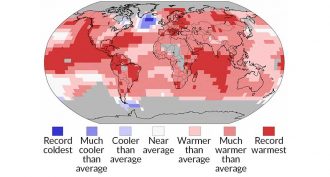 Climate
Climate2015’s record heat: It will soon be ‘normal’
The record-setting global temperatures seen in 2015 could become common as soon as the 2020s, and known as the “new normal.”
-
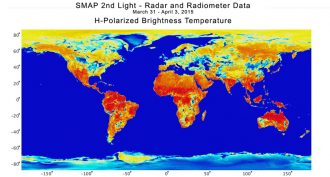 Climate
ClimatePredicting a wildfire with data from space
When the West gets dry it can catch fire. A teen decided to find out if satellite data might show where a fire’s fuel might reside.
-
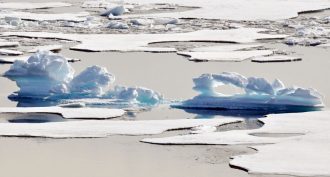 Environment
EnvironmentArctic Sea could be ice-free by 2050
Everyone contributes to the melting of Arctic sea ice, and all are in danger of making summer ice disappear there completely by 2050, a new study finds.
-
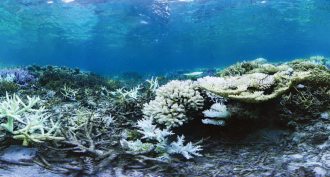 Oceans
OceansCreative ways to help coral reefs recover
Coral reefs are under siege from threats ranging from climate change to explosives. But scientists are developing ways to rebuild reefs before they disappear.
-

Teachers talk about climate change, and kids are listening
Teachers may help convince students that climate change is real. But when it comes to what’s behind that change, many kids appear to rely on more than those educators.
-
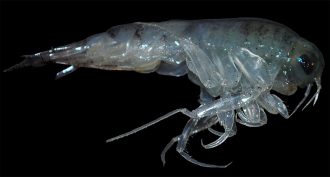 Ecosystems
EcosystemsAlgae embedded in sea ice drive the Arctic food web
Scientists traced where zooplankton in the Arctic get their energy from. Many open ocean species rely on algae found in sea ice, which is disappearing.
-
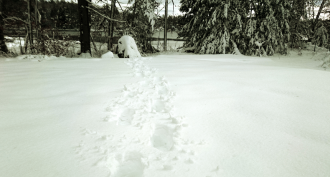 Climate
ClimateScientists Say: Albedo
To measure how much light reflects off an object, scientists measure its albedo.
-
 Animals
AnimalsCurrent coral bleaching event is the longest known
Heat stress has led to the longest coral bleaching event on record. Scientists now worry that global warming may make such prolonged crises more frequent.
-
 Climate
ClimateZapping clouds with lasers could alter Earth’s climate
Scientists zapped ice crystals in a lab. They were exploring whether this approach might be used to break those crystals in clouds — potentially as a way to cool Earth’s fever.
-
 Health & Medicine
Health & MedicineHeat sickness
Scientists worry that increasing temperatures could combine with air pollution to up rates of illness and premature death — perhaps dramatically.
-
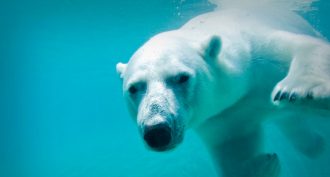 Oceans
OceansPolar bears swim for days as sea ice retreats
Melting sea ice is forcing polar bears to swim long distances — up to nine days in one case. Such long treks may be more than the bears can handle.
-
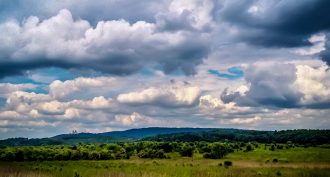 Chemistry
ChemistryParticles in air help fatten clouds’ water droplets
Making their own clouds has shown scientists how the fattest water droplets form. Understanding this could lead to better forecasts of climate change.